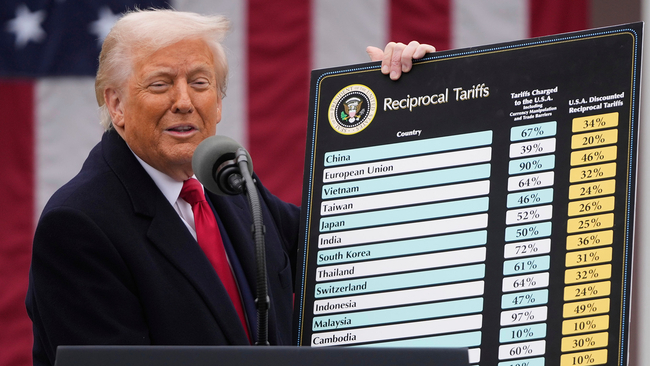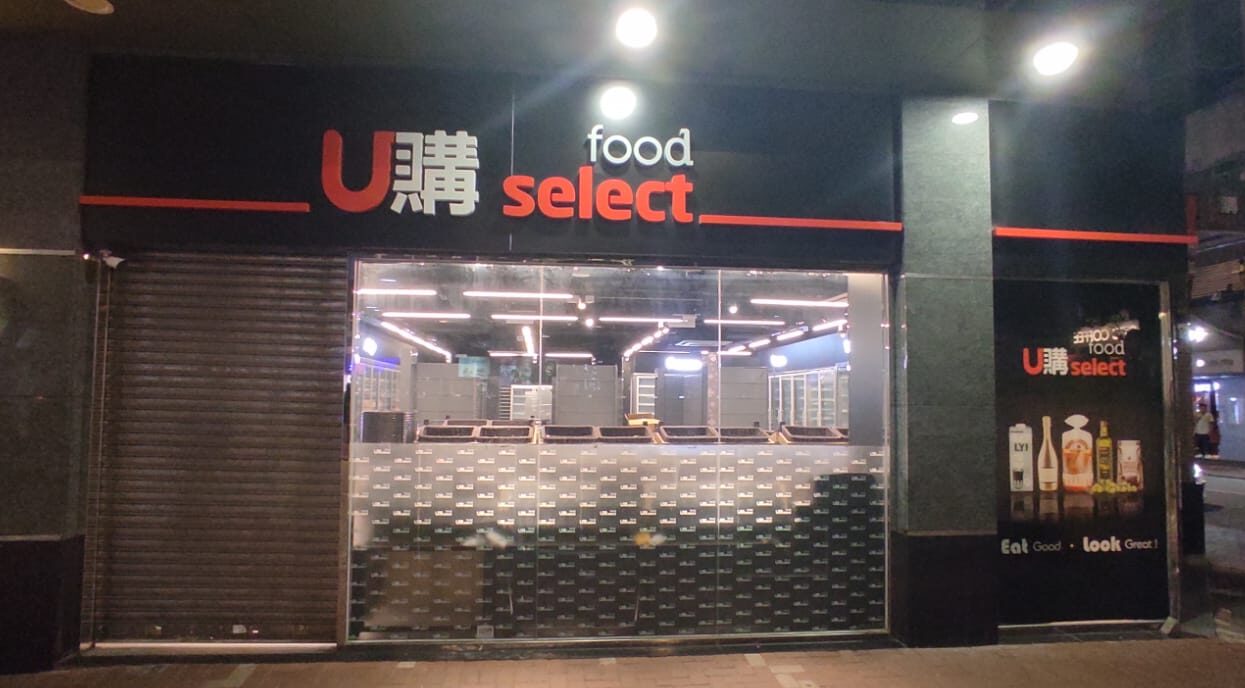Challenges in Hong Kong’s Retail Landscape: The Impact on Major Corporations and Restaurants
The retail landscape in Hong Kong has faced unprecedented challenges over the past two years, leading to a significant number of closures among both local and international businesses. This blog post explores the difficulties faced by corporations like Uselect and CR Care (華潤堂), alongside the broader trends affecting the restaurant sector, which have resulted in a staggering wave of shop and eatery closures.
The Current Retail Crisis
The retail environment in Hong Kong has been deteriorating, with reports indicating that approximately 300 eateries close every month, while fewer than 200 new establishments open to replace them
12. This trend reflects a broader economic malaise exacerbated by changing consumer behaviors and external pressures.
Key Factors Contributing to Closures
Several interconnected issues have contributed to the decline of retail businesses in Hong Kong:
- Shift in Consumer Spending: Many Hongkongers are opting to spend their money across the border in mainland China, where prices for similar goods and dining experiences are often significantly lower. For instance, a ribeye steak priced at HK$500-HK$600 in Hong Kong can be found for about one-third of that cost in mainland restaurants1.
- Post-Pandemic Economic Recovery: The lingering effects of the COVID-19 pandemic have left many businesses struggling. Retail sales have seen dramatic declines; for example, sales figures dropped by 11.8% year-on-year as of July 20243. The shift in consumer behavior towards more budget-conscious spending has further strained profit margins.
- Operational Challenges: Companies like CR Care and Uselect have cited “external uncertainties” and various operational challenges as reasons for their closures. CR Care announced it would shut down all 19 of its branches due to these factors, while Uselect has seen its number of stores plummet from over 100 to around 40 within a year45.
Case Studies: Uselect and CR Care
- Uselect: Once a prominent supermarket chain, Uselect has been winding down operations amid relentless retail slumps. As recently as last year, it operated over 100 locations, but now faces significant reductions as it struggles to attract customers who are increasingly favoring smaller, local shops over larger chains5.
- CR Care (華潤堂): This health product retailer has announced the closure of all its stores in Hong Kong. Established in 1999, CR Care’s decision to cease operations reflects broader market challenges and declining consumer interest in its offerings. The company cited operational difficulties that have become insurmountable in the current economic climate34.
The Restaurant Sector’s Struggles
The restaurant industry is equally affected, with many establishments facing similar challenges:
- Diminished Local Patronage: Restaurants that once thrived on local clientele are now seeing significant drops in patronage as residents choose to travel to mainland China for dining experiences6. This shift has led some businesses to pivot their offerings drastically; for example, upscale restaurants have had to rebrand themselves as more affordable options to survive.
- Changing Consumer Preferences: The pandemic has altered consumer habits permanently. Many diners now prefer casual dining experiences or takeout options, which has forced traditional restaurants to adapt or face closure.
Conclusion
The retail and dining sectors in Hong Kong are undergoing a profound transformation marked by numerous closures and operational challenges. Corporations like Uselect and CR Care exemplify the struggles faced by larger entities trying to navigate an increasingly difficult market landscape. With ongoing shifts in consumer behavior and economic pressures, it remains uncertain how many more businesses will be able to withstand these challenges moving forward.As we observe these trends unfold, it is crucial for both new and existing businesses to adapt swiftly to remain relevant in this rapidly changing environment.









